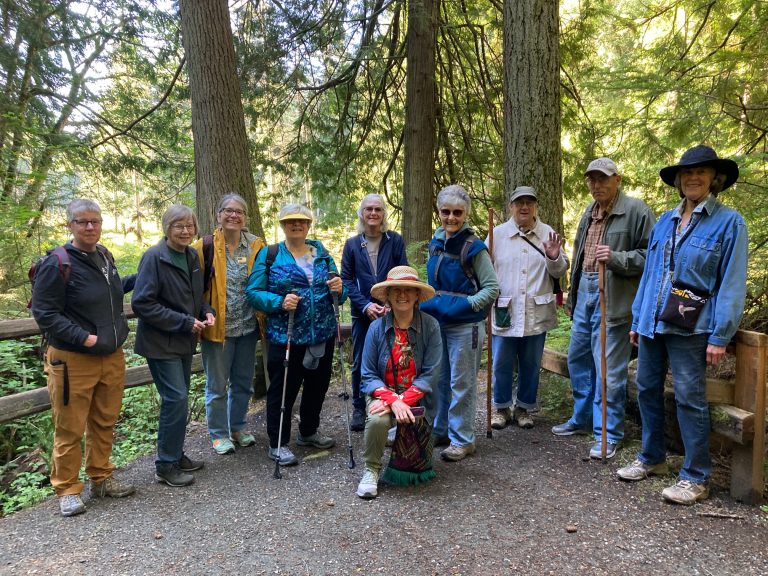Dementia and Wandering is contributed by Walton Law in January, 2024, as an online article at VibrantSeniorOptions.com
 Dementia stands as a major cause of disability and dependency among older individuals, according to the World Health Organization. This disease is characterized by the deterioration of memory, behavior and thinking, leading those afflicted to lose the ability to carry out their routine activities.
Dementia stands as a major cause of disability and dependency among older individuals, according to the World Health Organization. This disease is characterized by the deterioration of memory, behavior and thinking, leading those afflicted to lose the ability to carry out their routine activities.
People 65 and older bear the brunt of dementia more than any other age group, often prompting a move to assisted living or a nursing home.
In some cases, dementia may cause a person to struggle with “elopement,” frequently referred to as wandering. People with dementia may develop wandering tendencies due to cognitive impairment, which can lead to meandering unsupervised within their living environment.
Dementia and wandering poses risks of serious injury, including falls and, in rare instances, even death when a person with dementia strays beyond their residential facility.
Legislation for Adequate Supervision
Recognizing the dangers, federal lawmakers incorporated provisions to address wandering in the 1987 Nursing Home Reform Act. This legislation mandated that nursing homes must ensure adequate supervision to prevent elderly patients from wandering, emphasizing the need for proper staffing.
The Problem of Staffing
Properly staffing nursing homes continues to be a challenge in the United States. A 2022 study by the National Center for Health Workforce Analysis showed that across the nation there is a projected shortage of 78,610 full-time equivalent (FTE) RNs in 2025. The study also found that Washington state will likely be one of 10 states with the largest projected shortage of nurses in 2035.
Questions to Ask a Care Community
If your loved one suffers from dementia and needs to transition from home to a care community, please get recommendations from people you trust, research options and ask the following questions:
- What is the ratio of staff members to residents?
- Does the staff include individuals specializing in working with elders with dementia?
- What ongoing education and training in dementia do staff members receive?
- Who supervises the staff responsible for caring for elders with dementia, and what are their qualifications?
- Are staff members assigned to specific residents, or do they work with all residents?
- How many staff members are working in the facility during the night?
- How does the staff handle residents who wander?
- Has a resident ever wandered outside of the facility? If so, what was the outcome?
In addition to these questions, a thorough tour of the facility and observation of other residents are essential. Research into any violations, license suspensions, and complaints against the facility further ensures informed decision-making when placing an elder suffering from dementia into a Whatcom, Skagit, Island or Snohomish county assisted living community, nursing home or skilled nursing facility.
Walton Law is here for you. Our compassionate, experienced team is ready to help you navigate the complexities of the law. Live chat with us by visiting www.waltonlawapc.com/ or call us at (360) 503-0231 to get started.
Walton Law, APC
Washington Office
360-543-1010
waltonlawapc.com





















